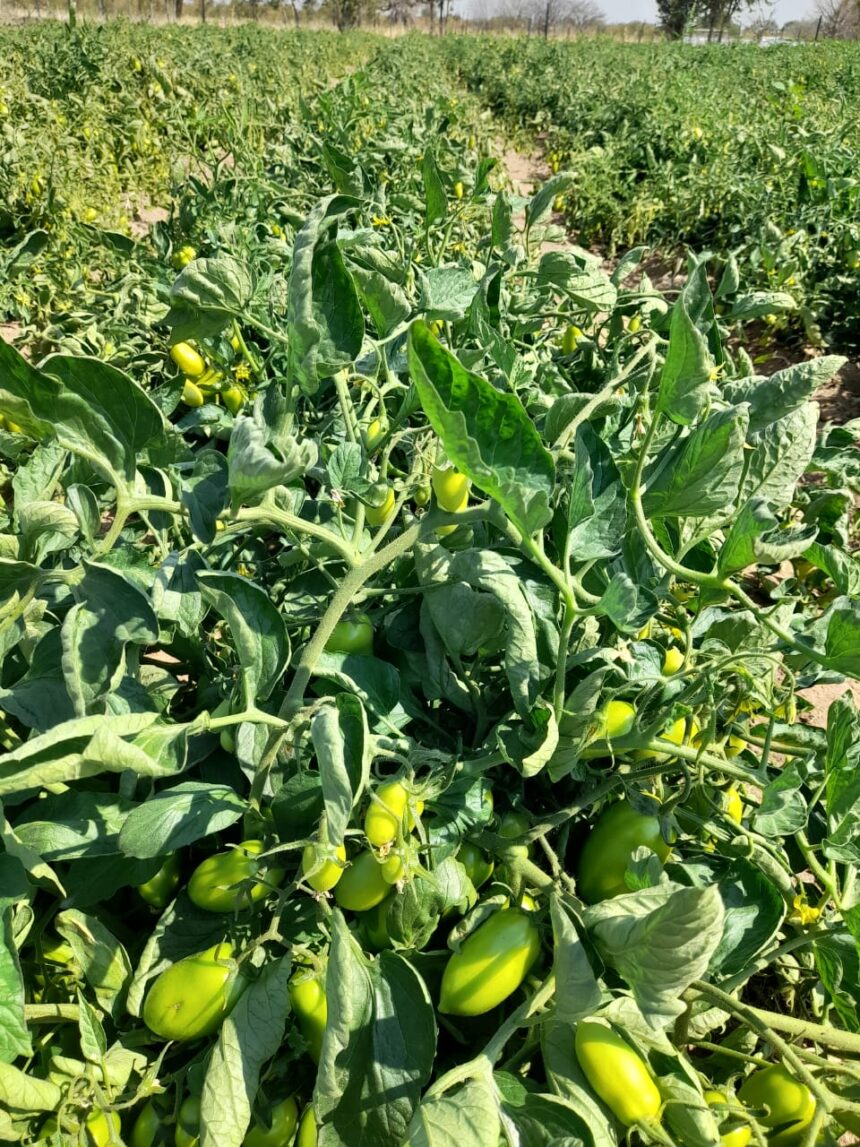Auleria Wakudumo
ONESI – The Olushandja Horticulture Producers Association in Onesi constituency has urged farmers to embrace sustainable farming methods to tackle environmental challenges, and ensure long-term productivity.
Silvanus Naunyango, the secretary to Olushandja group of farmers, said the association is ensuring that they produce vegetables for self-consumption, while the surplus is to be sold to consumers.
They are doing that by ensuring that they are implementing green farming techniques such as reducing chemical use. “We must consider what we are applying on our soil and crops. When it comes to fertiliser, we want to apply more organic and less artificial. That is why we implement green field fertiliser,” Naunyango emphasised.
Olushandja uses 80%-83% of organic material.
He added that another sector they want to implement is shifting from fuel to sun energy. As technology advances and costs decrease, systems like sun-powered pumps are likely to become an essential part of sustainable agriculture, helping farmers (small and big) to achieve greater effectiveness, while contributing significantly to a greener Namibia.
“Incorporating sun powered pumps into our farming offers numerous advantages, including environmental benefits, cost saving, and improved reliability. The price of fuel is also challenging for our farmers. We have tractors that our farmers use, and they need to be fuelled,” he said.
In addition, Olushandja wants to control pests and diseases using more environmentally friendly products. Controlling pests and diseases, is essential for maintaining healthy crops, and ensuring agricultural productivity. Naunyango stressed that
the use of synthetic pesticides and fungicides can
leave residues on the produce, which may pose health risks to consumers and, therefore, Olushandja is dedicated to making farming in Namibia greener.
“As a country, we need to learn from Covid-19 when borders were closed, and countries
maintaining the remaining food for their people. Farmers need to find ways to expand and improve our farming system to supply enough to our local people before another lockdown comes,” he stressed.
Despite the association working with companies like the Rössing Foundation, it is calling institutes of higher learning such as engineering departments, NUST and other interested stakeholders to come on board. “We want our consumers to eat what is very safe, across the country,” he said.


